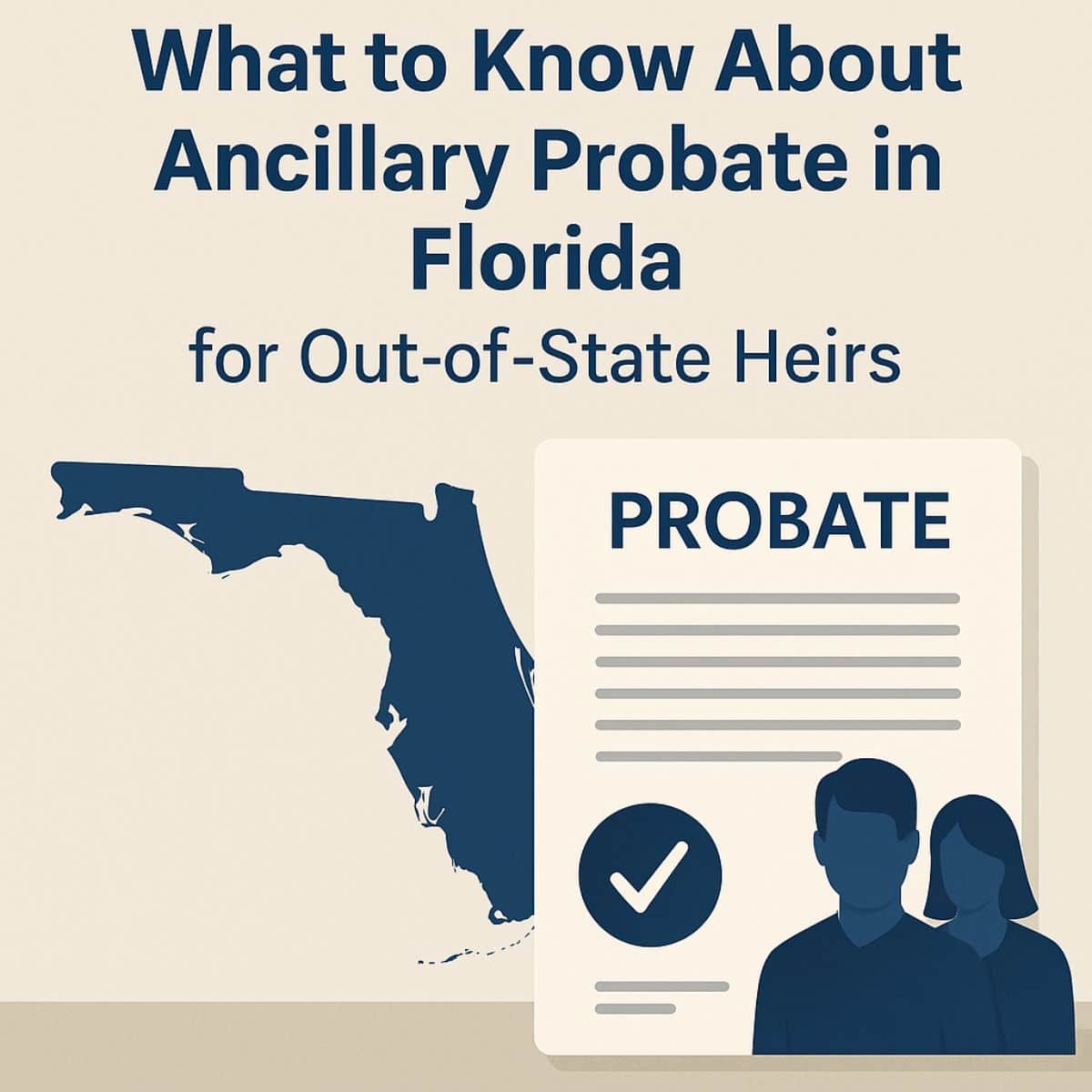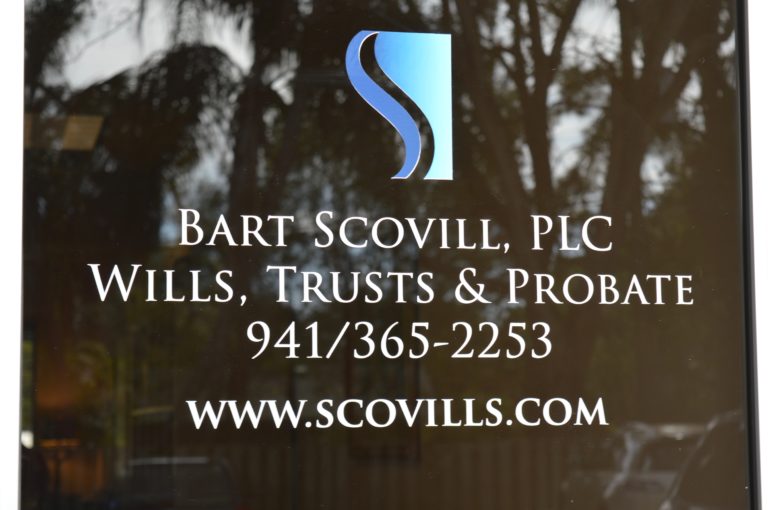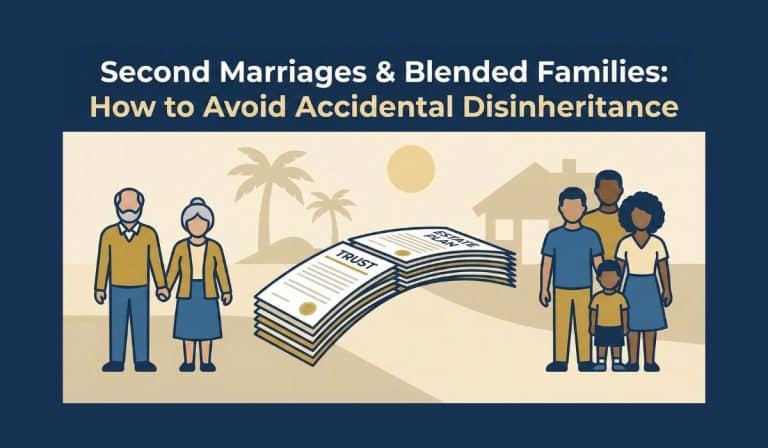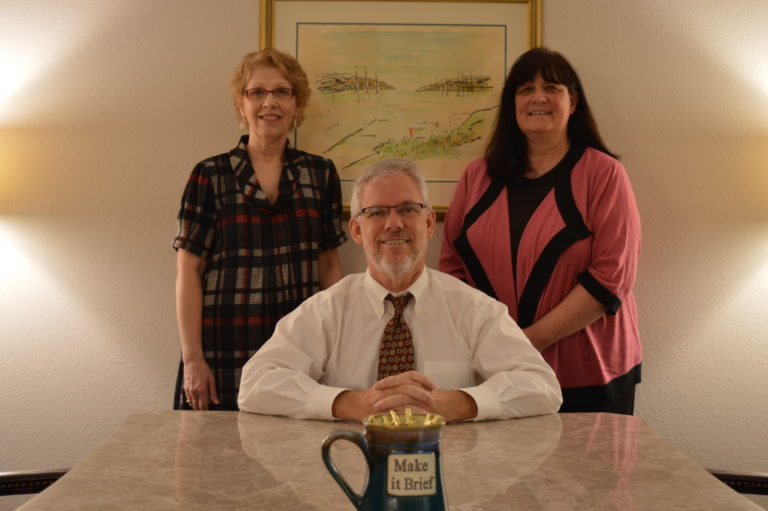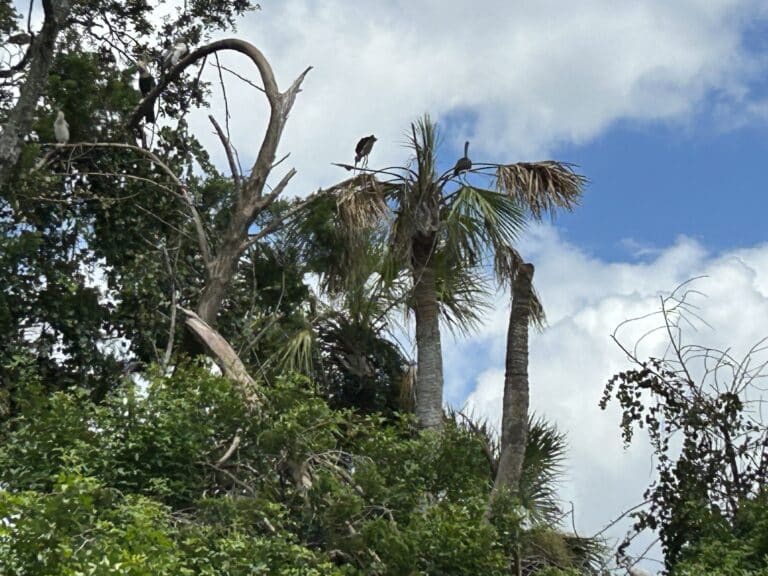What to Know About Ancillary Probate in Florida for Out-of-State Heirs
When an individual passes away owning property in more than one state, their estate may need to go through a legal process known as ancillary probate. In Florida, this often affects out-of-state heirs who inherit real estate, timeshares, or other tangible assets located within the state. If you are an executor or beneficiary managing an estate across state lines, understanding ancillary probate in Florida is essential to avoiding delays, legal pitfalls, and unnecessary expenses.
This post outlines what ancillary probate is, common mistakes out-of-state heirs make, and how working with a probate attorney in Sarasota can streamline the process.
What Is Ancillary Probate?
Ancillary probate is a secondary legal proceeding required when a deceased individual owned property in a state other than the one where their primary probate case is filed. The primary or “domiciliary” probate typically occurs in the state where the decedent resided at the time of death. Ancillary probate allows for legal transfer of out-of-state property in accordance with Florida law.
Common Florida Assets Requiring Ancillary Probate:
- Real estate (condominiums, vacation homes, rental property)
- Deeded timeshares
- Boats or vehicles titled in Florida
Florida Statutes Section 734 governs ancillary administration in the state. Executors or personal representatives must petition the appropriate Florida court, usually in the county where the property is located.
Read more on Florida probate services
Why Ancillary Probate Can Be Complicated for Out-of-State Heirs
Handling probate from outside Florida introduces additional challenges. These include:
- Lack of familiarity with Florida probate procedures
- Delays in appointing a personal representative who qualifies under Florida law (F.S. §733.302)
- Missteps in filing required documents, such as authenticated copies of the will and domiciliary probate orders
- Conflict with Florida homestead laws, which protect certain real property from creditors and influence how it passes to heirs
- Tax implications or title transfer errors if legal guidance is not followed
How to Minimize Ancillary Probate Exposure
Fortunately, with proactive planning, individuals who own Florida property can reduce or eliminate the need for ancillary probate altogether.
Common Strategies Include:
- Titling property in the name of a revocable living trust instead of personal ownership
- Using enhanced life estate deeds (also known as “Lady Bird deeds”)
- Adding transfer-on-death (TOD) or payable-on-death (POD) designations to financial accounts where applicable
- Including clear instructions in a well-drafted will that references Florida holdings
Learn more about living trusts
These strategies can also help reduce family conflict, administrative delays, and the cost of multiple court proceedings. Role of a Florida Probate Attorney in Ancillary Administration
Out-of-state personal representatives are required to work with a Florida-licensed attorney during ancillary probate proceedings. A probate attorney in Sarasota ensures that:
- Petitions for ancillary administration are filed in the correct court
- All required documentation from the primary probate is submitted
- Real property titles are lawfully transferred to heirs or sold if needed
- Any creditor claims are addressed in compliance with Florida law
Working with a local attorney also helps avoid rejected filings, delays due to jurisdictional errors, or misinterpretation of Florida-specific statutes.
Real-World Example: How Ancillary Probate Works
Scenario: A New York resident passes away owning a primary home in New York and a vacation condo in Sarasota, Florida. Their will was probated in New York.
Steps in Florida Ancillary Probate:
- A Florida probate attorney is retained by the executor.
- The attorney files a petition for ancillary probate in Sarasota County.
- Authenticated copies of the New York probate documents are submitted.
- The Florida court authorizes transfer of the Sarasota property to the heirs.
Without this process, the heirs may be unable to sell, occupy, or legally manage the Florida property.
Key Takeaways
- Ancillary probate is necessary when an out-of-state decedent owned Florida property.
- Florida probate laws apply to in-state assets, regardless of where the will was originally filed.
- Proper estate planning can help avoid the need for ancillary administration.
- Out-of-state executors must work with a licensed Florida attorney to complete the process.
Get Guidance from a Sarasota Probate Attorney
Whether you are managing a loved one’s estate from another state or own Florida property yourself, planning ahead can prevent costly complications. At Scovills, we work closely with families and executors to guide them through every step of Florida’s probate process.
Visit our probate services page or contact our Sarasota office to schedule a consultation.
Sources & Statutory References:
Scovills | Serving Sarasota, Bradenton, Venice, and Lakewood Ranch with trusted estate planning and probate guidance.
Contact Us For More Information
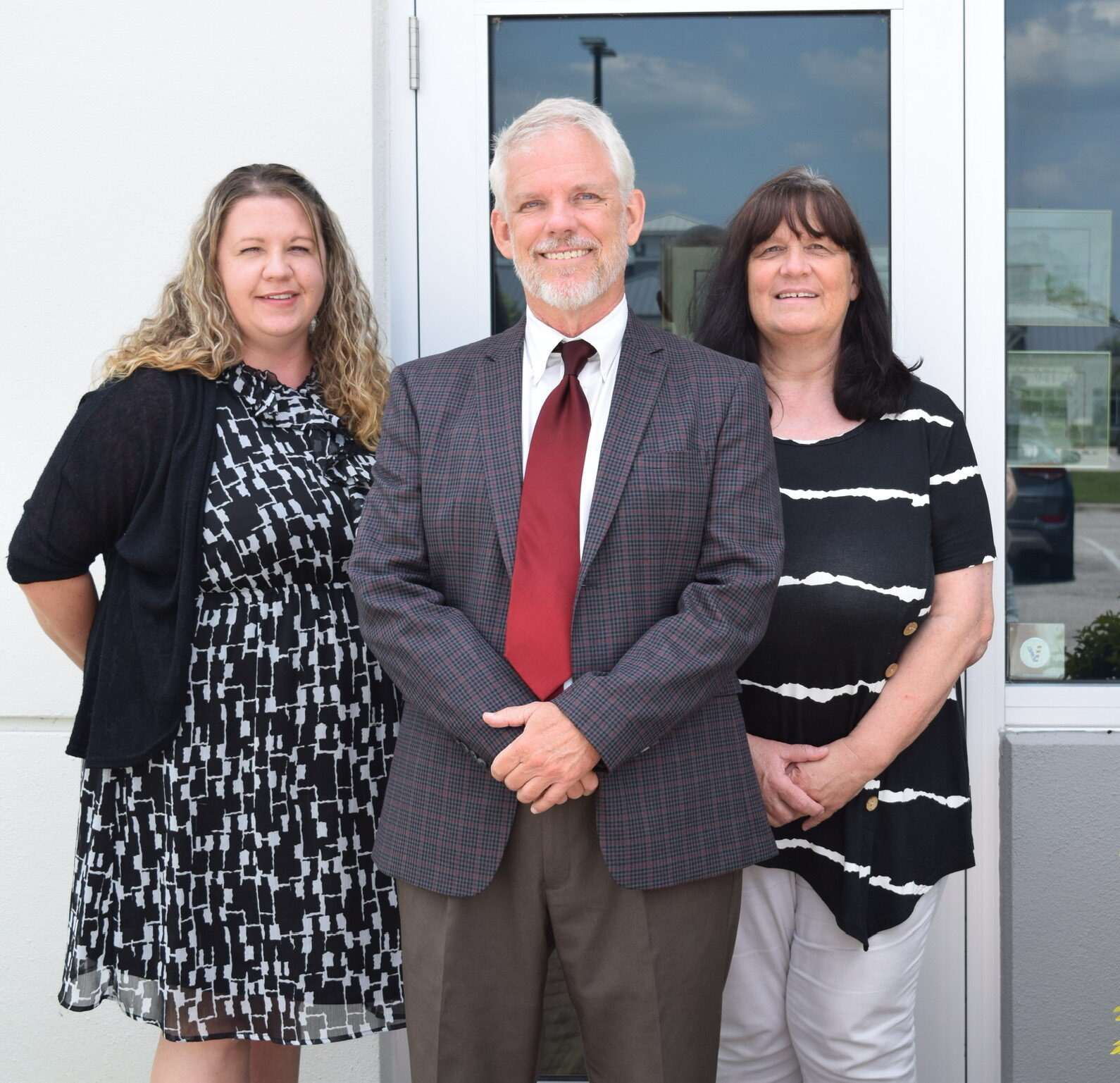
Or Call 941-365-2253 for a Free Consultation
NOTE: The use of the Internet or this form for communication with the firm does not establish an attorney-client relationship. Confidential or time-sensitive information should not be sent through this form.

